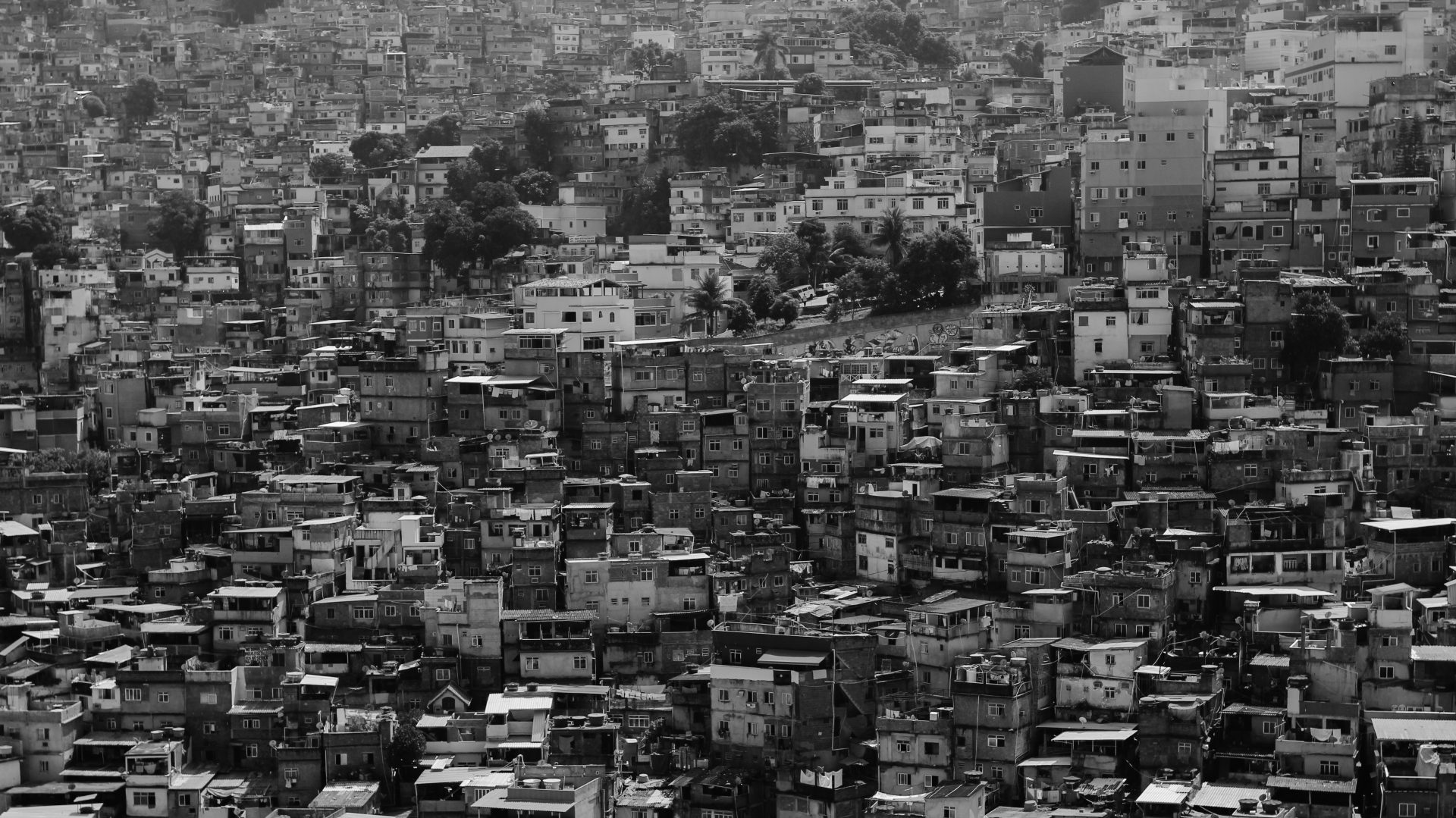The seminar clearly showed, that much has happened since Norway together with other donor countries launched the spesific focus on Land rights and created the Legal Empowerment Commission in 2005. This commission, led by M. Albright and H. de Soto, delivered its report to the Secretary General of the UN in 2008. Since then, some UN bodies and many NGO’s have worked bottom-up with the formalization of property rights. Most importantly within this development (and as the seminar has shown) is:
- The idea that Land rights contribute to fight poverty is now universally recognized and integrated in the portfolio of sustainable developments globally.
- The agenda har thus been interlinked with the global challenges (SDGs), together with climate issues, land degradation and forced evictions; displacements, urbanization, and fight against corruption.
- The agenda started out from an individual approach where property rights could lift people out of poverty and was about individual dignity, to the builiding of sense of community and the obligation by authorities to provide tenure security.
The seminar brought some good examples of action (from theory to action), such as:
- Tangible, local improvements are necessary to spur interest and support.
- Quick pilot projects are largely helped by the toolkit of the GLTN.
- Political support is crucial and there is still a way to go.
- An obvious weakness is still that the bottom-up approach only reach specific areas and initiatives.
And my personal remark; any reform creates enemies (stated as early as by Machiavelli). There was an undue resistance 15 years back, as the agenda was considered a right-wing approach. Today, the resistance has changed. Not all are benefited from universal land rights to individuals. Black economies, land grabbers, investors, big money, transantional finance fear the extension of rights to poor people. But some can turn into supporters. Diplomacy and support on the highest political level must be the next step in the agenda, as well as a focus on urban development, as rapid and unregulated urbanization is one of the biggest global threats to sustainable development and the fight against poverty.
Ambassador Mona Brøthers

